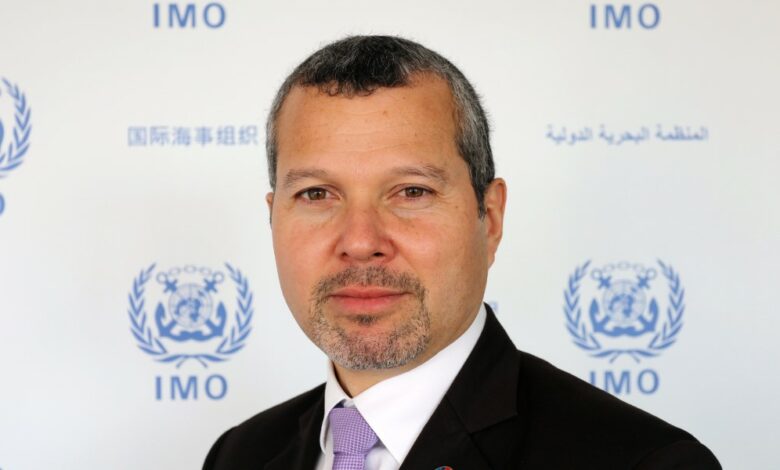IMO ‘will thrive in delivering its full agenda’, says next secretary-general

Arsenio Dominguez Velasco has been confirmed as the next secretary-general of the International Maritime Organization (IMO) with attendees at this week’s IMO Assembly endorsing the Panamanian who will take on the role in exactly one month’s time.
Dominguez Velasco will take over from Kitack Lim for an initial four-year term and becomes the United Nations body’s tenth secretary-general.
Addressing the assembly, Dominguez Velasco said: “You have my full commitment to build on the great work that has been done by my predecessors, taking what is already a significant and influential organisation, to be an institution that will thrive in delivering its full agenda, from safety to decarbonisation, from digitalisation to the human element.”
Dominguez Velasco will continue in his role as director of the IMO Secretariat’s Marine Environment Division until year-end.
The Panamanian takes over at the UN body in London at a time when shipping faces a daunting set of rules raining in from multiple bodies around the world (see infographic below).
Today the IMO Assembly will vote on which countries will head up the IMO Council with sources telling Splash there is a strong chance Liberia, home to the world’s largest ship registry, will replace Russia as a Category A member.
Earlier this week, Ukrainian president Volodymyr Zelensky addressed the assembly via video link, exhorting members to not vote for Russia.
“Russia has no place in the International Maritime Organization, nor in its governing bodies, because no one in recent decades has caused greater harm to free navigation than Russia,” Zelensky said.
The IMO Assembly consists of all member states and meets every two years at IMO’s London headquarters to thrash out upcoming work programmes, budgets as well as electing the IMO Council.

